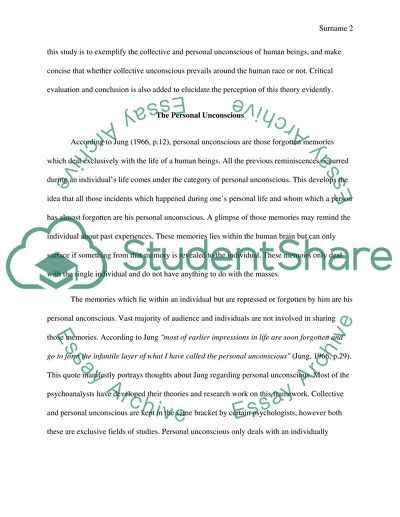Cite this document
(“Critical Evaluation of The Personal & Collective Unconscious Essay”, n.d.)
Critical Evaluation of The Personal & Collective Unconscious Essay. Retrieved from https://studentshare.org/psychology/1467352-argumentation-essay-based-on-carl-jungs-article
Critical Evaluation of The Personal & Collective Unconscious Essay. Retrieved from https://studentshare.org/psychology/1467352-argumentation-essay-based-on-carl-jungs-article
(Critical Evaluation of The Personal & Collective Unconscious Essay)
Critical Evaluation of The Personal & Collective Unconscious Essay. https://studentshare.org/psychology/1467352-argumentation-essay-based-on-carl-jungs-article.
Critical Evaluation of The Personal & Collective Unconscious Essay. https://studentshare.org/psychology/1467352-argumentation-essay-based-on-carl-jungs-article.
“Critical Evaluation of The Personal & Collective Unconscious Essay”, n.d. https://studentshare.org/psychology/1467352-argumentation-essay-based-on-carl-jungs-article.


